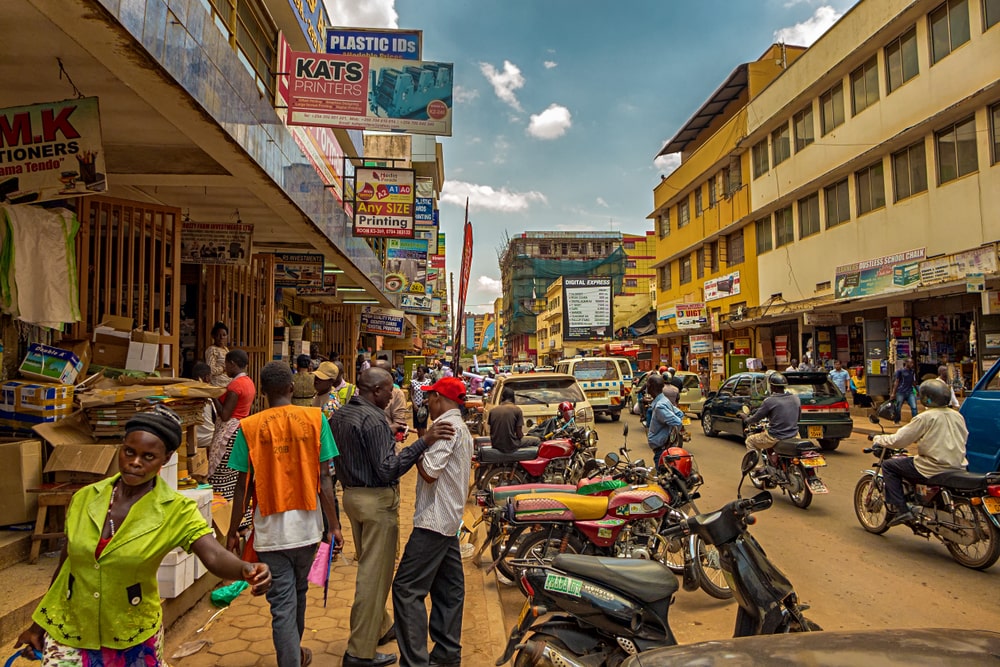Election season in East Africa brings security concerns


James Thorpe
Share this content
East African countries in recent decades have generally made significant strides in bringing their electoral processes into line with international best practice. Nonetheless, voters across the region heading to the ballot in the coming months are unlikely to encounter a completely level playing field, despite governments’ commitment to holding free and fair elections. First up is Tanzania, set to hold legislative and presidential polls on 28 October on both the mainland and the semi-autonomous archipelago of Zanzibar. Meanwhile, elections are scheduled to take place in Uganda, Djibouti, Ethiopia and Somalia in 2021. In this article we consider some of the key considerations for businesses in these countries during these transitions.
Maintaining influence across East Africa
Incumbent ruling parties such as the Chama cha Mapinduzi (CCM) in Tanzania and National Resistance Movement (NRM) in Uganda will be seeking to retain their control of parliament, the executive and – consequently – the state apparatus. They are likely to use their control over government institutions to restrict the participation of rival parties in the electoral process over the coming months. For example, in Uganda opposition parties in recent weeks have claimed that the government continues to use restrictions put in place to limit the spread of coronavirus disease 2019 (COVID-19) to disrupt their rallies, while allowing those by the NRM to proceed without state security force intervention.
Meanwhile, governments will also intensify their scrutiny and control over the media during election periods. Governments in recent months have censored and suspended newspapers and radio stations and introduced various legislative measures to suppress vocal dissent and opposition activity, typically in the name of preventing the spread of false information. For example, the CCM-controlled government in Tanzania in August passed regulations criminalising the organisation, planning or support of any form of demonstration online on platforms such as WhatsApp, Facebook or Twitter. In June, the government also banned a Swahili tabloid, Tanzania Daima, for 90 days for allegedly publishing false information. In Ethiopia, several media outlets linked to opposition parties, such as the Oromia Media Network, were temporarily suspended from broadcasting for allegedly spreading hate speech following ethnic violence in July.
Predictable outcomes
In this context, opposition parties will find it difficult to mobilise enough support to counter the campaigns of ruling parties. In addition to its control over state institutions in Tanzania, the CCM and President John Magufuli enjoy widespread support in rural areas, where most voters reside. This will allow Magufuli and the CCM to secure victory at the October polls. The outcome of the vote in Zanzibar – where opposition parties have extensive support – is less certain. The opposition will be looking to regain its control of parliament after boycotting a re-run of the 2015 elections. However, the CCM will be wary of ceding control over the archipelago for fear that opposition parties will resume agitating for more autonomy in the coming years.
Meanwhile, in Uganda long-serving President Yoweri Museveni and the NRM will benefit from their access to state resources to win the elections. However, the growing popularity of opposition politicians such as Robert Kyagulanyi Ssentamu (“Bobi Wine”) and his People’s Power movement in urban areas will pose a growing threat to Museveni in coming years given Bobi Wine’s ability to mobilise widespread protests. Similarly, in Ethiopia the rising popularity of opposition ethno-nationalist parties will undermine the national campaign of the ruling Prosperity Party (PP), which will likely lose several seats in the houses of parliament and regional assemblies.
Security concerns
Heightened political tensions are likely to translate into incidents of violence around the elections. Some elections will occur amid persistent political tensions, which will be exacerbated by contention over the electoral process. For example, in Ethiopia opposition to Prime Minister Abiy Ahmed’s political and economic reforms has led to the emergence of ethno-nationalist parties and rising violence as these parties and their respective ethnic support bases seek greater autonomy and power. Political and ethnic tensions have increased further in recent months following the decision in May to postpone the polls (previously scheduled for August) because of the COVID-19 pandemic. This will translate into clashes between ethnic groups and between supporters of rival political parties.
In Somalia, the federal and regional governments have been navigating complex disputes over the sharing of power and resources. The postponement in June of the elections originally scheduled for December 2020 by 13 months will further worsen intra-government relations. Moreover, the lack of cooperation between state and federal governments will undermine counterterrorism efforts against Islamist militant group al-Shabab, sustaining security risks.
Business disruption
Although unrest will be mainly directed at government authorities and institutions, businesses will face incidental security threats. In addition, state security forces often resort to heavy-handed tactics to disperse even peaceful protests, increasing tensions and driving potential for localised violent confrontations. Moreover, businesses are likely to encounter operational disruption as protesters typically block roads or hold gatherings in the centre of urban areas, disrupting the movement of goods and people.
Meanwhile, governments are likely to impose internet shutdowns ahead of any large planned protests, or in response to major incidents of unrest and violence, in an attempt to prevent violence from escalating. Governments justify such shutdowns by citing national security concerns and fears of the spread of fake election results. For instance, most recently the Ethiopian government in June shut down internet services following the killing of popular Oromo activist and musician Haacaaluu Hundeessaa, which triggered violence and led to the deaths of at least 156 people. Businesses will have to plan for such disruption and ensure that they have effective business continuity plans in place.
By Patricia Rodrigues, Analyst at Control Risks



